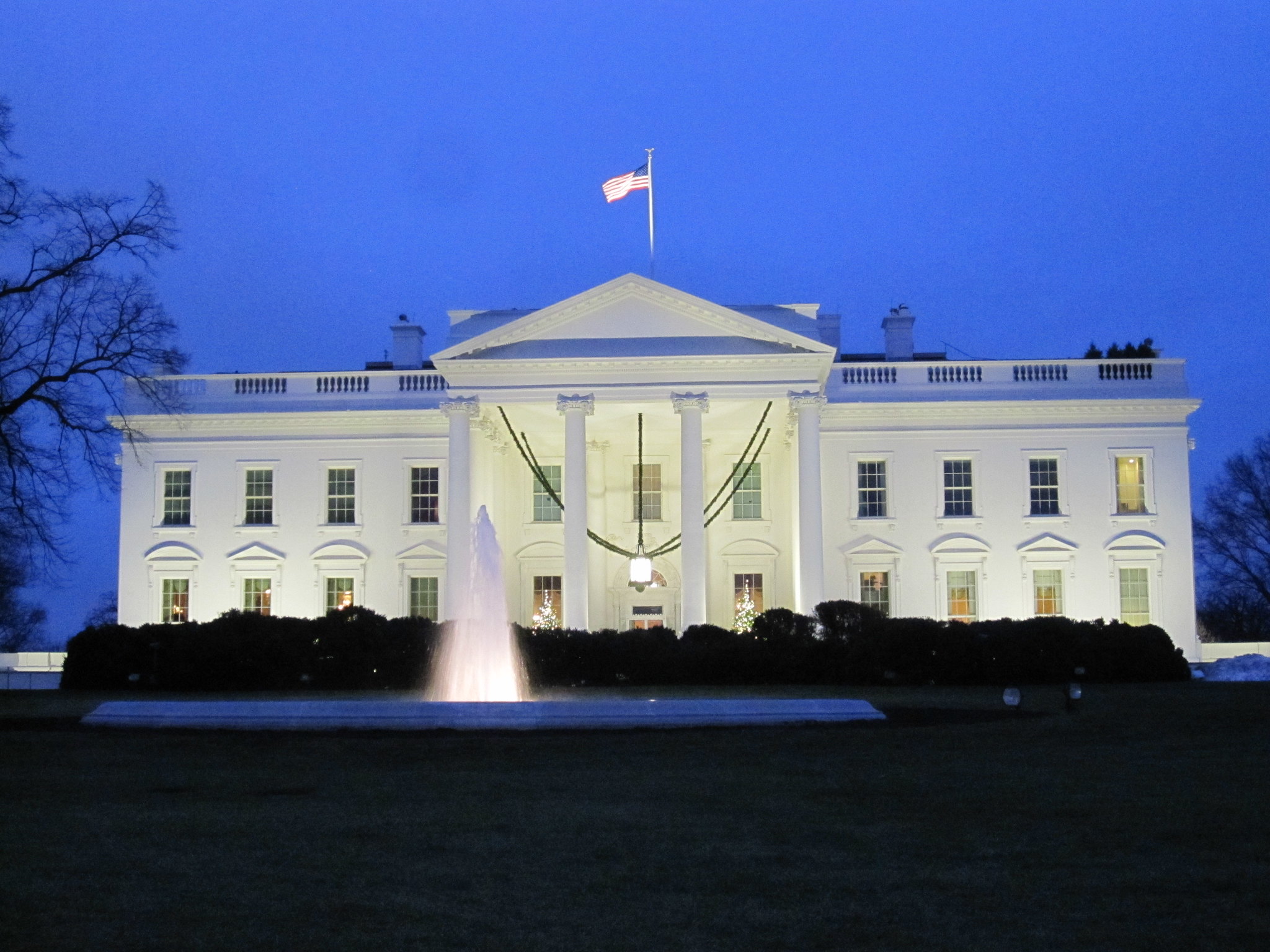As the world marks three years since Russia’s invasion of Ukraine, the Trump administration is making sweeping changes to the U.S. government. These changes are reshaping key agencies and policies, both domestically and internationally.
Significant Personnel Changes in Defense and Law Enforcement
The Trump administration has announced significant military and law enforcement leadership changes. These moves raise eyebrows and spark debates about their potential impact on national security.
Military Leadership Overhaul
President Trump has replaced Gen. Charles Brown, the Chairman of the Joint Chiefs of Staff, with a retired three-star officer. Lt. Gen. Dan “Razin” Caine, the new appointee, brings a different perspective to the role.
Defense Secretary Pete Hegseth followed this move by dismissing five other senior officers. Among those removed was Adm. Lisa Franchetti, the first female chief of naval operations.
These changes represent a significant shift in military leadership. They may alter the strategic direction of the U.S. armed forces in the coming years.
FBI Leadership Shake-up
In a surprising move, FBI Director Kash Patel is expected to become the chief of the Bureau of Alcohol, Tobacco, Firearms and Explosives. This shift comes as Patel has led efforts to reorganize the FBI’s structure.
Conservative podcaster Dan Bongino has been named as the new Deputy FBI Director. This appointment brings a media personality into a key law enforcement position.
These changes at the FBI signal a new direction for the agency. They may lead to shifts in priorities and investigative approaches.
Immigration and Foreign Policy Shifts
The Trump administration is making bold moves in immigration policy and international relations. These changes are likely to have far-reaching consequences both at home and abroad.
Aggressive Immigration Enforcement
Plans are underway to start deporting unaccompanied migrant children. This marks a significant shift in how the U.S. handles vulnerable young immigrants.
The administration is also ramping up plans to detain undocumented immigrants at military sites across the country. This approach represents a more aggressive stance on immigration enforcement.
These policies, which reflect the administration’s hardline approach to immigration issues, are likely to face legal challenges and criticism from human rights organizations.
Changes in International Aid and Diplomacy
The U.S. Agency for International Development (USAID) is undergoing significant changes. Over 1,600 USAID staffers have been notified of their termination.
Most USAID staffers worldwide have been placed on administrative leave. This move significantly reduces the U.S. capacity for international aid and development work.
These changes may alter the U.S. approach to soft power and international cooperation, impacting relationships with allies and developing nations.
Domestic Policy and Legal Challenges
The Trump administration’s actions are being scrutinized, and there are legal challenges. Various groups are contesting the legality and constitutionality of recent policy changes.
Legal Battles Over Policy Changes
A federal judge has ruled that cutting funding from DEI programs violates the First Amendment. This decision challenges the administration’s efforts to reshape diversity initiatives.
Another judge has blocked the Department of Global Engagement’s access to Treasury Department payment systems. This ruling cites concerns about the process for granting system access.
These legal challenges highlight the tension between the administration’s goals and constitutional limits. They may slow or alter the implementation of new policies.
Pushback from Local Governments
New York City has sued Trump and administration officials over the clawback of $80 million, which was originally earmarked for immigrant services in the city.
This lawsuit represents growing resistance from local governments to federal policy changes. It highlights the complex relationship between federal and municipal authorities.
Ukraine-U.S. Relations and Mineral Deal
Amidst these domestic changes, negotiations between the U.S. and Ukraine are reaching a critical point. A deal involving Ukraine’s rare earth minerals is nearing completion.
Mineral Deal Negotiations
Ukraine and the U.S. are in the final stages of negotiating a deal for Ukraine’s rare earth minerals. This agreement could have significant economic and strategic implications.
Ukraine has offered to sign the deal in Washington, D.C., in a meeting between the two presidents. This proposal suggests a desire for high-level engagement on the issue.
The deal’s terms have been a point of contention. Ukraine previously rejected demands for $500 billion in mineral profits.
Implications for U.S.-Ukraine Relations
This mineral deal could reshape the economic relationship between the two countries. It may also influence the ongoing support for Ukraine in its conflict with Russia.
The negotiations come at a sensitive time, marking three years since Russia’s invasion of Ukraine. They reflect the complex interplay of geopolitics, economics, and military support.
Conclusion
The Trump administration’s recent actions represent a significant shift in U.S. governance and foreign policy. From military leadership changes to immigration enforcement and international aid, these moves are reshaping the federal landscape.
As legal challenges mount and negotiations with Ukraine progress, the full impact of these changes remains to be seen. The coming months will likely bring further developments and debates over the direction of U.S. policy.
These shifts occur against ongoing global challenges, including the war in Ukraine. They underscore the interconnected nature of domestic policy, international relations, and global events in shaping the U.S. government’s actions.

